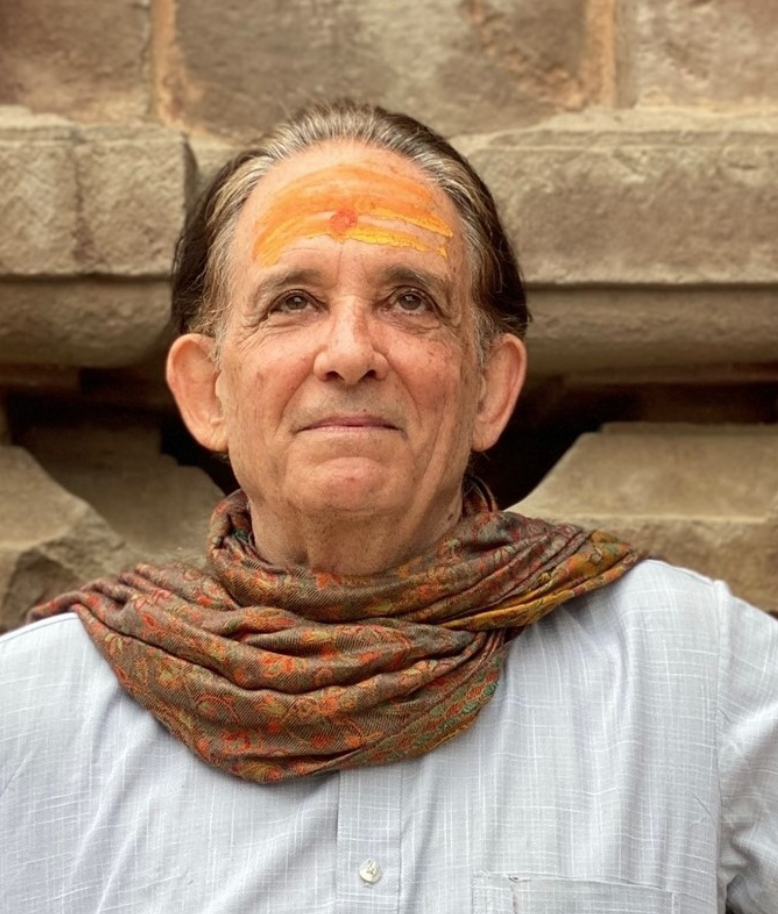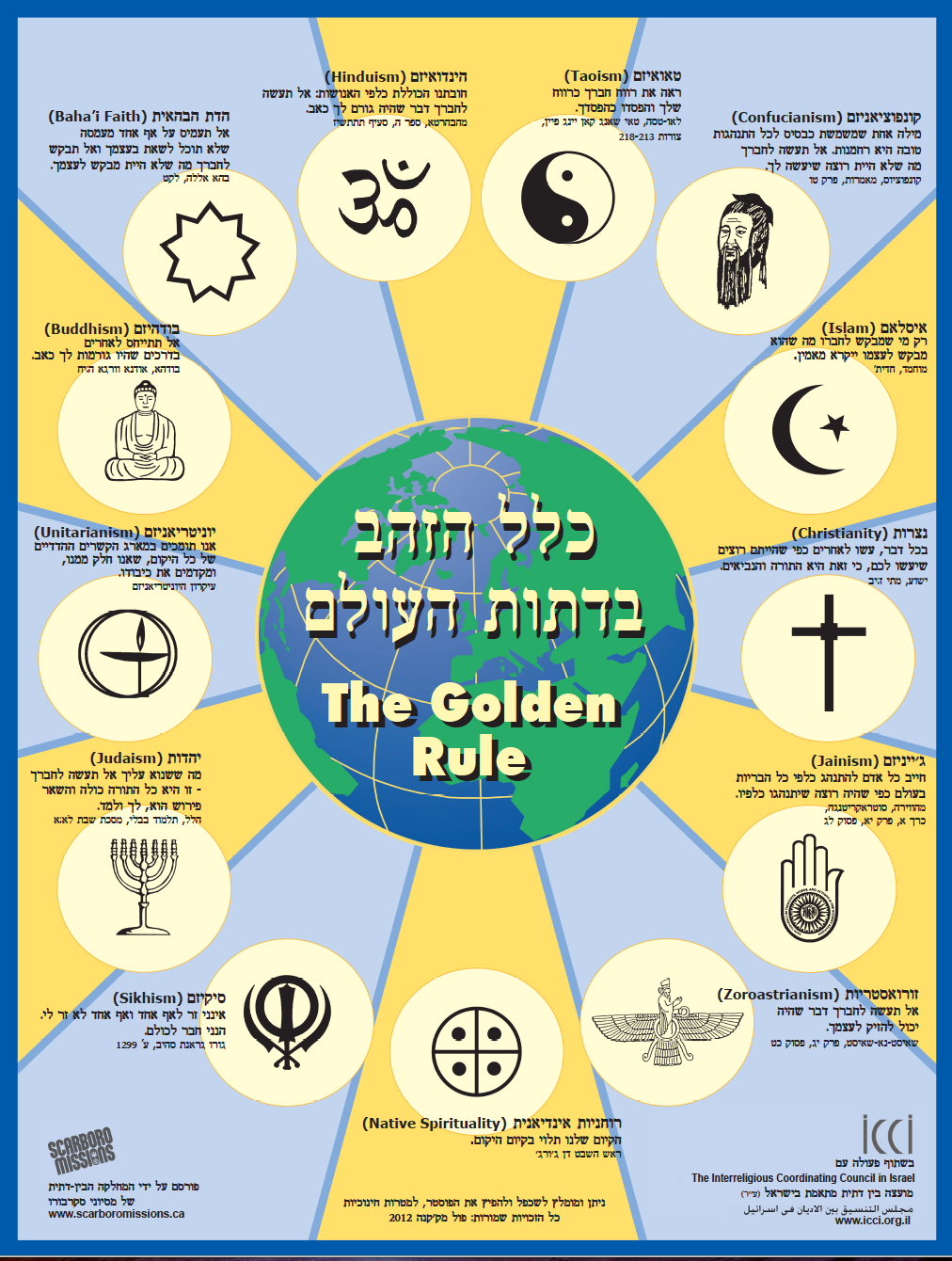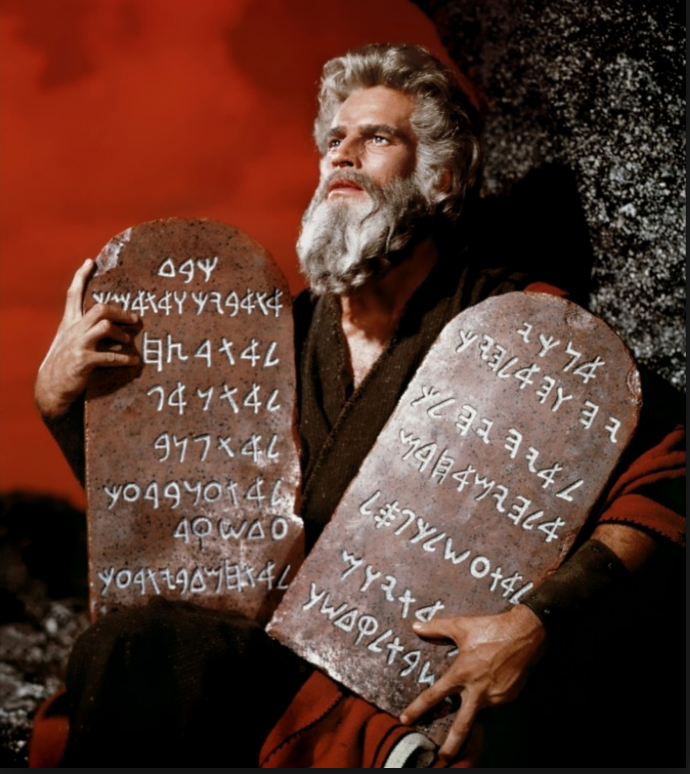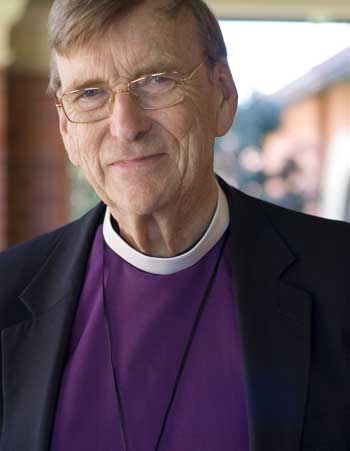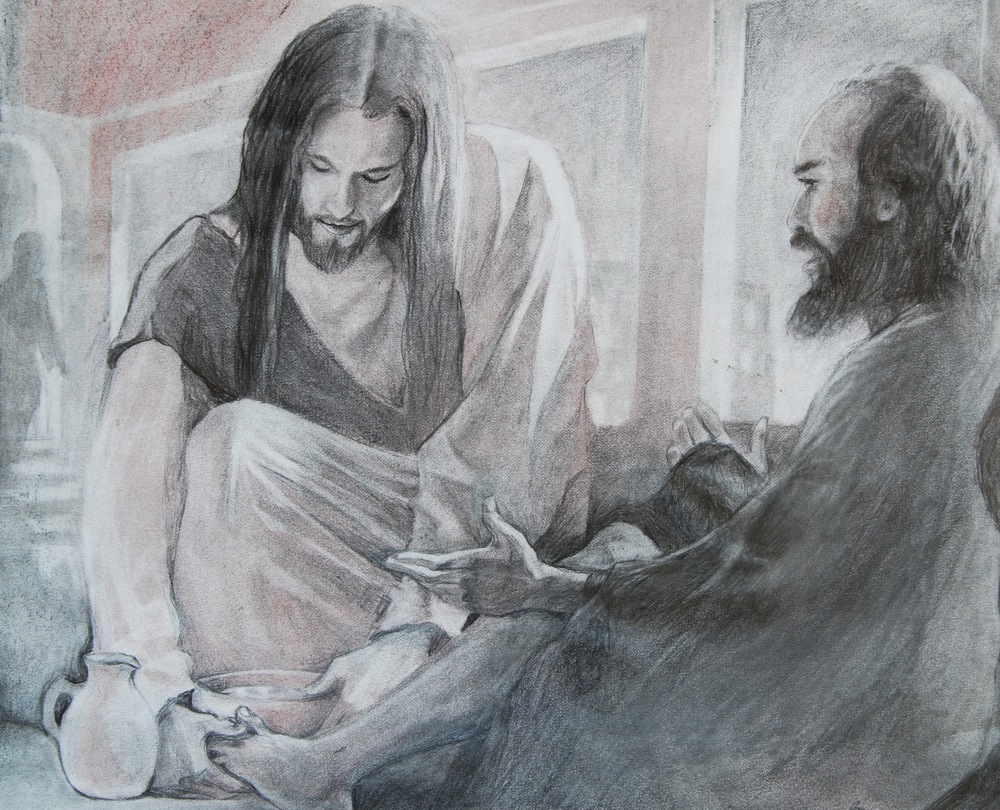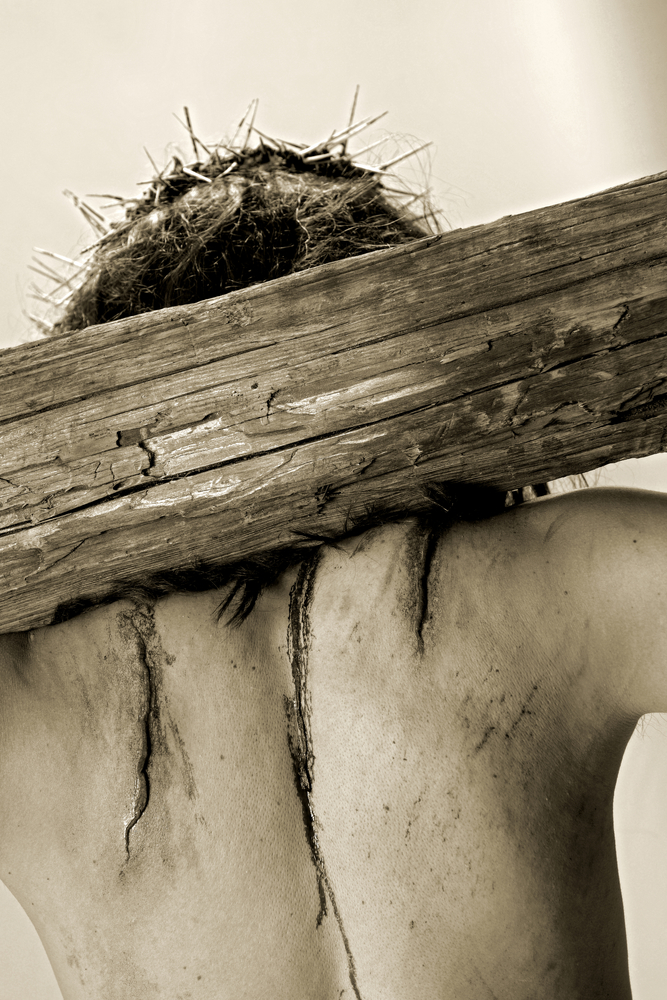I hold in my consciousness two previously unimaginable opposites; on the one hand the possible even likely extinction of humanity and on the other, the potential for our unimaginable birth of a new embodied divine humanity, the mutation realized and resplendent.
I am very pleased to have the opportunity to contribute of The Progressive Christian website. I will do my best to uphold the standards already set by other columnists before me, whom I follow regularly. For this first contribution, I want to introduce myself and give you, the readers, a sense of where I am coming from.
By the United Nations General Assembly in Paris on 10 December 1948
The Universal Declaration of Human Rights (UDHR) is a milestone document in the history of human rights. Drafted by representatives with different
It seems horrifying to imagine that the places we have used for worship, sanctuary, community, fellowship, love and connection, places that for millennia have helped define our own identity are now having to be prepared for violence and death. I can’t even believe I am having to write these words. It pains me to know that shootings happen everywhere, every day, more frequently than you may realize, yet most go unreported in mainstream media.
On November 9, 2016, the United States concluded a blisteringly polarized, vicious political campaign cycle. The results — especially the surprise upset of Hillary Clinton by Donald J. Trump in the presidential election — stunned people as devastating or miraculous, depending on different standpoints. Concerned about civil rights, immigration, international relations, civility, multiculturalism, and a host of other issues, many people found hope in short supply after the election results came in.
The Interreligious Coordinating Council in Israel and the Scarboro Missions Interfaith Department (Toronto, Canada) are pleased to announce the publication of a Hebrew-language poster featuring texts of the Golden Rule in 13 religions.
That’s a gift of the Psalms, that praying them, we feel less alone. Those who wrote the psalms were imperfect, much like us. They didn’t know everything, but they had feelings about everything. And, like us, they had multiple situations and events to have feelings about, some good, even great, some bad, even evil. They reflect the human range of experiences and emotions.
This abundance of youth resources – collected from around the world – is very encouraging in terms of the future.
The 2016 presidential election triggered an unexpected and nearly unbearable trauma for over half of the American people. For many, it felt like the death of a loved one, or the assassinations of John Kennedy, Martin Luther King, and Robert Kennedy, or the nightmare of 9/11. It felt like a wrecking ball shattering our nation's fragile architecture of decent human values, urgent climate plans, and steadily expanding civil rights. Like many, I shared my distress wherever I went - in my men's group, spirituality group, conscious aging circle, and conversations with loved ones, and knew that this threat to our way of life was magnitudes worse for vulnerable peoples - immigrants, religious and racial minorities, and the poor. We discussed protests, marches, political action and civil disobedience. I imagine that many of you had similar conversations in your communities as disbelief, shock, grief, tears, fear, insomnia, and horror fragmented psyches all across our land.
ny church can grow. It won’t happen just by opening the doors on Sunday and welcoming whoever shows up. Growth isn't that easy or passive. But growth can happen if leaders are willing to work at it, to use best practices and best tools, and to change whatever gets in their way. That’s a tall order, of course, because most established institutions struggle with change and resist doing more than the known and the minimum.
Dear interfaith leaders around the world: Scriptural Reasoning is a process in which small groups of Jews, Christians and Muslims, and sometimes people of other faiths, gather to read and reflect upon short passages from their scriptures. “Opening our sacred texts to others for conversation from the heart, and modeling a fellowship that sees difference as rich and illuminating” fashions a relationship through the medium of sacred writings. Scriptural Reasoning’s well-constructed website includes a number of guides and rich resources, including 24 “Text Bundles” which offer brief scriptural readings from the three Abrahamic religions, with titles such as “Encountering God”, “Abrahamic Hospitality”, “Fasting” and “Refugees.”
Dear interfaith colleagues around the world: This compendium of concise and handy resources provides insight into the interfaith movement and its treasure chest of wisdom and learning opportunities. This collection explores the goals, types and stages of dialogue and touches on issues such as interfaith etiquette, listening, peace-building, hospitality, respectful presence and dialogue-versus-debate. These principles and guidelines are useful for those who are new to interfaith as well as for veterans of interfaith work.
A new and innovative ministry is now available exclusively to Progressive pastors and congregations: Pastor2Pew. Our mission is to produce timely materials to assist progressive preachers in sermon preparation, and generally inform congregations about progressive theology. The centerpiece is a collection of video interviews with prominent pastors following their approach to the lectionary text of the week. We will be looking over their shoulders (as it were) as they move from meditating on the text to its final form.
Moses is THE most important figure in Judaism. Not only did he lead the Israelites out of bondage in Egypt, he is credited with receiving the Torah from God.
A reader asked for tech guidance. “I know you make tech choices thoughtfully and from experience,” he said. “So, I'm always happy when you share your knowledge of particular software/apps, including the pros and cons of each.” I am happy to oblige, for technology is a critical tool in our respective work. For me, the key is usability.
The healthy church sees its role as transformational: helping God to transform the lives of God’s beloved. And then helping them to transform their families, neighborhoods and workplaces, and daring to dream of transforming entire communities. The unhealthy church, by contrast, places ultimate value on sameness, consistency, not challenging people, and not making waves in the community.
That is why measurements matter. Not to fill boxes on a spreadsheet or official church report, but to avoid hurting people, to know when a program needs refreshing, to see growth as it is happening so that you can support it, or to see early signs of decline so that you can take action. Without metrics, leaders are flying blind.
Can a living, vital and real faith that is true to the experience of the past, while dismissing the explanations of the past, be born anew in this generation? I believe it can and so to engage this task I issue this call to the Christian world to transform its holy words of yesterday into believable words of today. If we fail in this task there is little reason to think that Christianity, as presently understood and constituted, will survive this century.
"Innovation in ministry" is a recurring theme, one that I first began hearing forty years ago when I entered seminary. Even then, just
The way you tell the Christmas story, it all sounds so simple. So simple. Oh, don’t get me wrong, I really like it. It’s just that for so long now people have been telling my story and the way they tell it, it all sounds so simple and easy, so neat and tidy, that I hardly recognize myself in the story. It’s not your fault. It all started a long time ago. Luke and that other fellow Matthew, they started it all. They wrote my story down and wouldn’t you know it they cleaned it all up. But who can blame them. Nobody likes messy birth stories. And as birth stories go, my baby’s birth was a really messy one.
How can those of us living in the 21st century understand the Jesus of history? We think very differently from the way the people who wrote the New Testament in the first century thought. Can we any longer believe, for example, that when Jesus entered this world his arrival was announced by a star that appeared newly in the heavens or that his birth was heralded by angels breaking through the midnight sky to sing to hillside shepherds? Can we, who both understand genetics and know that women have an egg-cell, still believe that his mother was a virgin and his father the Holy Spirit?
It's interesting to see what Jesus thought about beliefs. Jesus, in his parable of the Good Samaritan, makes it clear that the righteous one is not the Pharisee or the lawyer, who are learned and who know about the law, correct belief, or so on. The righteous one is the one who cares for his neighbor, who reaches out to the stranger in need.
Easter calls attention to the traditional, fundamental “beliefs” associated with the Christian religion – if only for a day. The secular world pays little attention to the nuances of Christian “faith” in a post-Christian world. Easter is a liturgical season that lasts for seven weeks. In Christian tradition, the time between the resurrection of Jesus and his “ascension” into the sky (Pentecost) replaces the time between the Jewish Feast of the Passover and the giving of the law to Moses on Mt. Sinai. Not only do most Christians concentrate on the resurrection story – often literally. Editorial writers for supposedly sophisticated secular media seem to feel obligated to attempt to find meaning in the traditional religious legend of a dead man walking out of his tomb. But “faith” does not mean “belief.” “Faith” means “trust.” “Faith” further means “confidence.”
I've done much thinking of my own. Though not an expert nor having a theological degree (I am a former psychologist), I would like to share the listing I came up with that, to me, contrasts Biblical fundamentalism with what I perceive Progressive Christianity to be. Later in life, my listing may allow room for changes as I continue to grow spiritually.
The dry bones raised by Ezekiel are a metaphor for those who died in the service of God’s justice: those who died working to restore God’s distributive justice-compassion to God’s Earth, and who themselves never saw the transformation. The army of dry bones is an army exiled from justice. Fairness demands that if Jesus was resurrected into an Earth transformed into God’s realm of justice-compassion, then all the other martyrs who died too soon should also be raised with him. “But in fact,” Paul writes in 1 Corinthians 15:20, “Christ has been raised from the dead, the first fruits of those who have died.” It is the Christ – the transformed and transfigured post-Easter Jesus – who has started that general resurrection, which restores justice-compassion to a transformed Earth. The transformation has begun with Jesus, and continues with you and me – IF we sign on to the program.
We need to acknowledge that the final week in Jesus’ life is a blending of separate biblical accounts. In other words, the story grows and develops as each successive gospel writer imaginatively retold the story. There may be some historical memory in their stories, but the details are not historical.
Biblical scholars generally consider those teachings attributed to Jesus in that part of Matthew’s gospel, commonly referred to as the Sermon on the Mount (Matthew 5-7, with the corollary being theSermon on the Plain, Luke 6), as likely comprising much of what can be considered most authentically and historically the real deal. But reaching back as close as we can to who the historical Jesus may have been is not the end of it. At the heart of it, a Jesus ethic itself has little concern with what you believe about the man, but what you do about the message.
One of the most reliable facts concerning Jesus is that he was crucified during the reign and by the action of the Roman procurator, Pontius Pilate, who served by appointment of the Caesar from 26-36 CE. The Roman senator and historian Tacitus referred to Jesus’ execution by Pilate in his Annals, which was written circa 116 CE. Beyond that, however, there is not much historical evidence.
Covenant is firmly established in Christian theology, but among mainstream denominations Methodism gives it particular emphasis. Dating from the time of John Wesley and adapted from seventeenth century Puritan ideology, the annual covenant service is an established part of Methodist tradition. In some quarters it has been welcomed as part of Methodism’s distinctive contribution to the World Church. Grounded in both the Old and New Testaments, covenant theology is surely beyond reproach. Or is it?
The church sign can be easily read by anyone driving by: “You can’t be a devoted follower of Jesus unless you are part of a local church.” Does the church that posts this sign not trust the people with Jesus’s message? What is the meaning of “incarnation” if not “embodiment” by individual persons of the spirit of the Christ? Is the “Body of Christ” for members only? The Apostle Paul created the metaphor of the “Body of Christ” as the community of followers. In 1 Corinthians 10:16-17, he explains the meaning of the ritually-shared meal: “The cup of God’s gracious benefits that we consecrate means that we are involved in the blood of the Anointed, doesn’t it? The bread that we break means that we are involved in the body of the Anointed, doesn’t it? That there is one loaf means that we who are many constitute one body, because we all partake of the one loaf.” In Romans 12:5 he says, “Just as each of us has one body with many parts that do not all have the same function, so although there are many of us, we are the Anointed’s body, interrelated with one another.”

